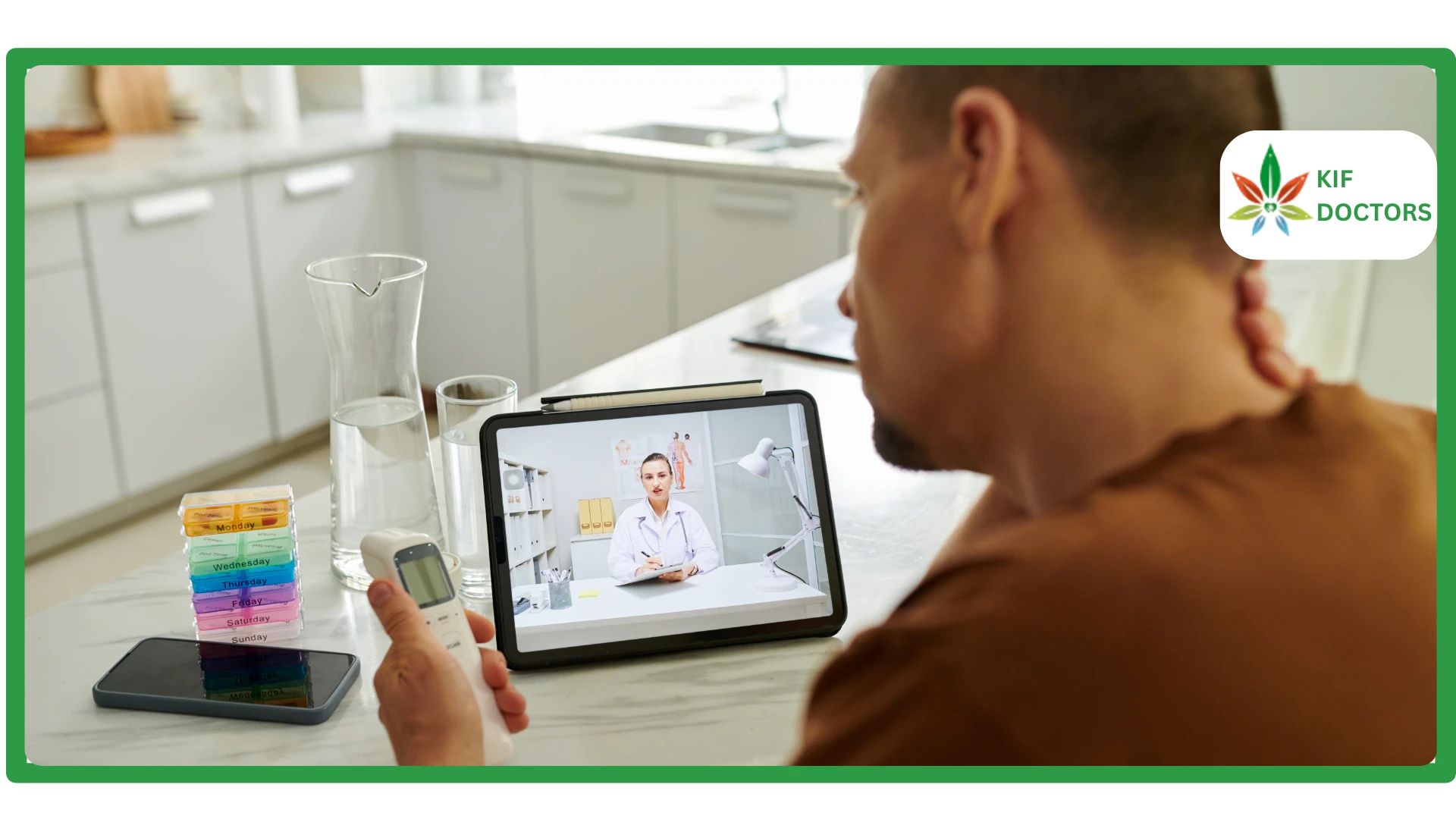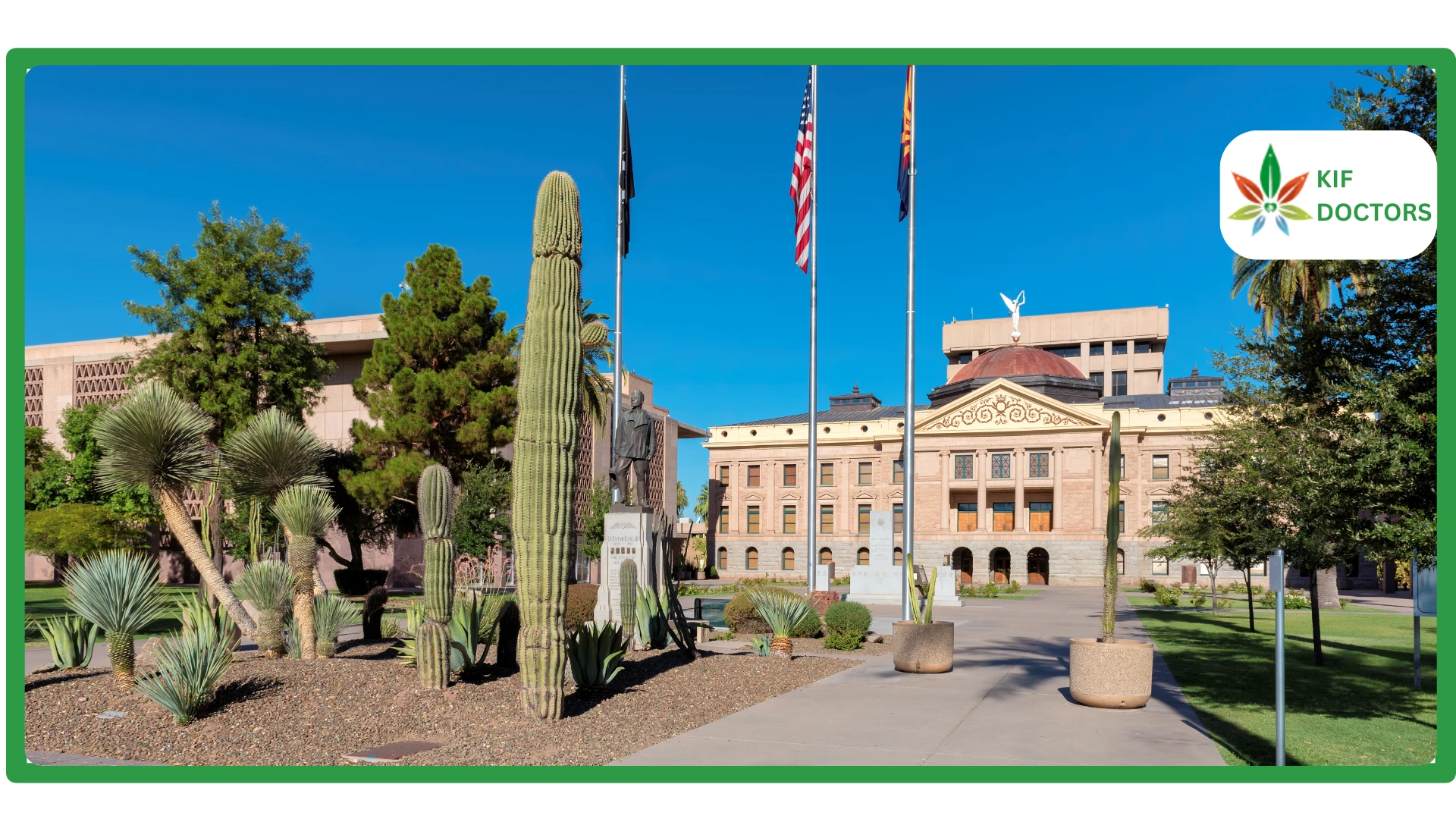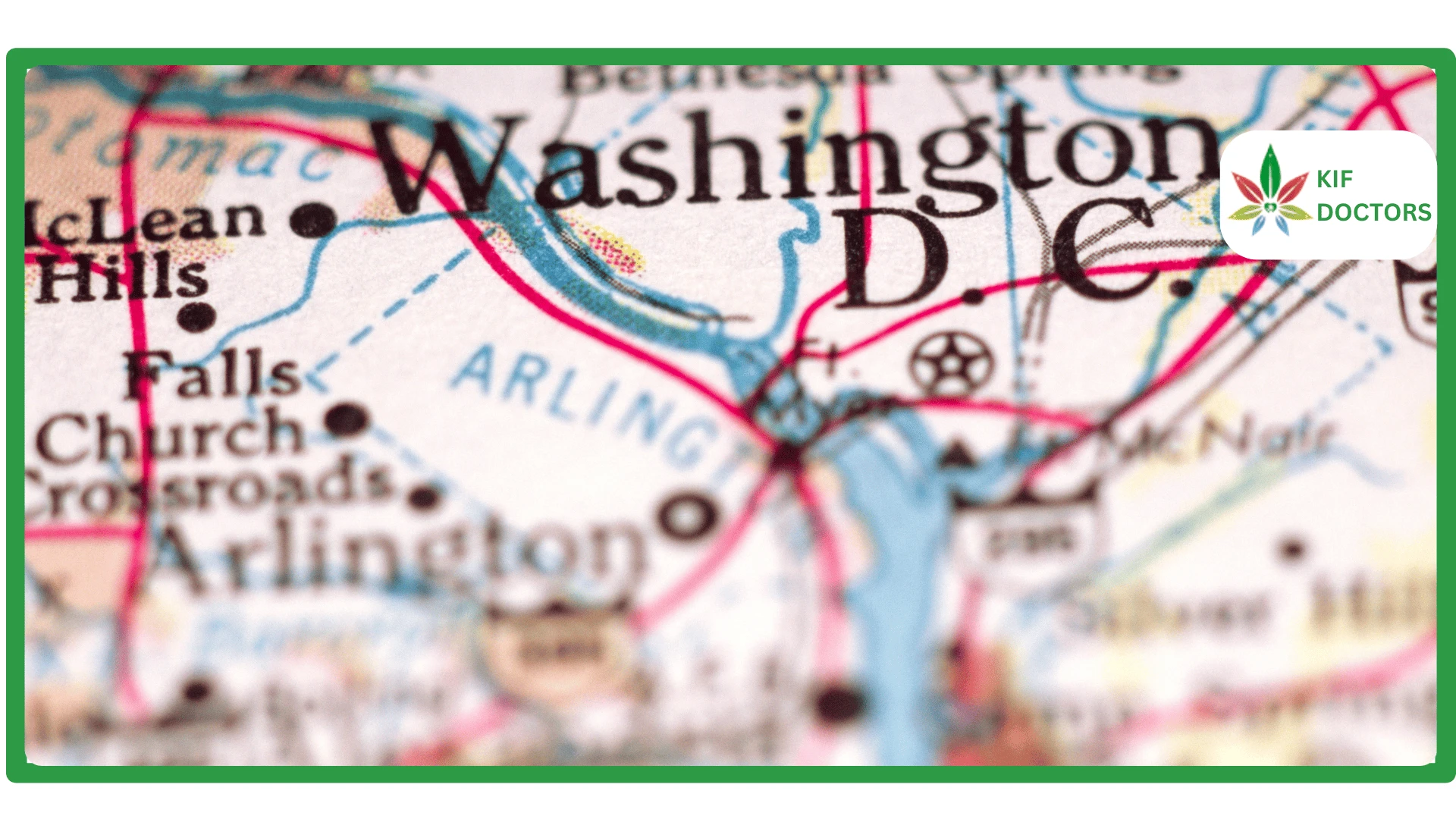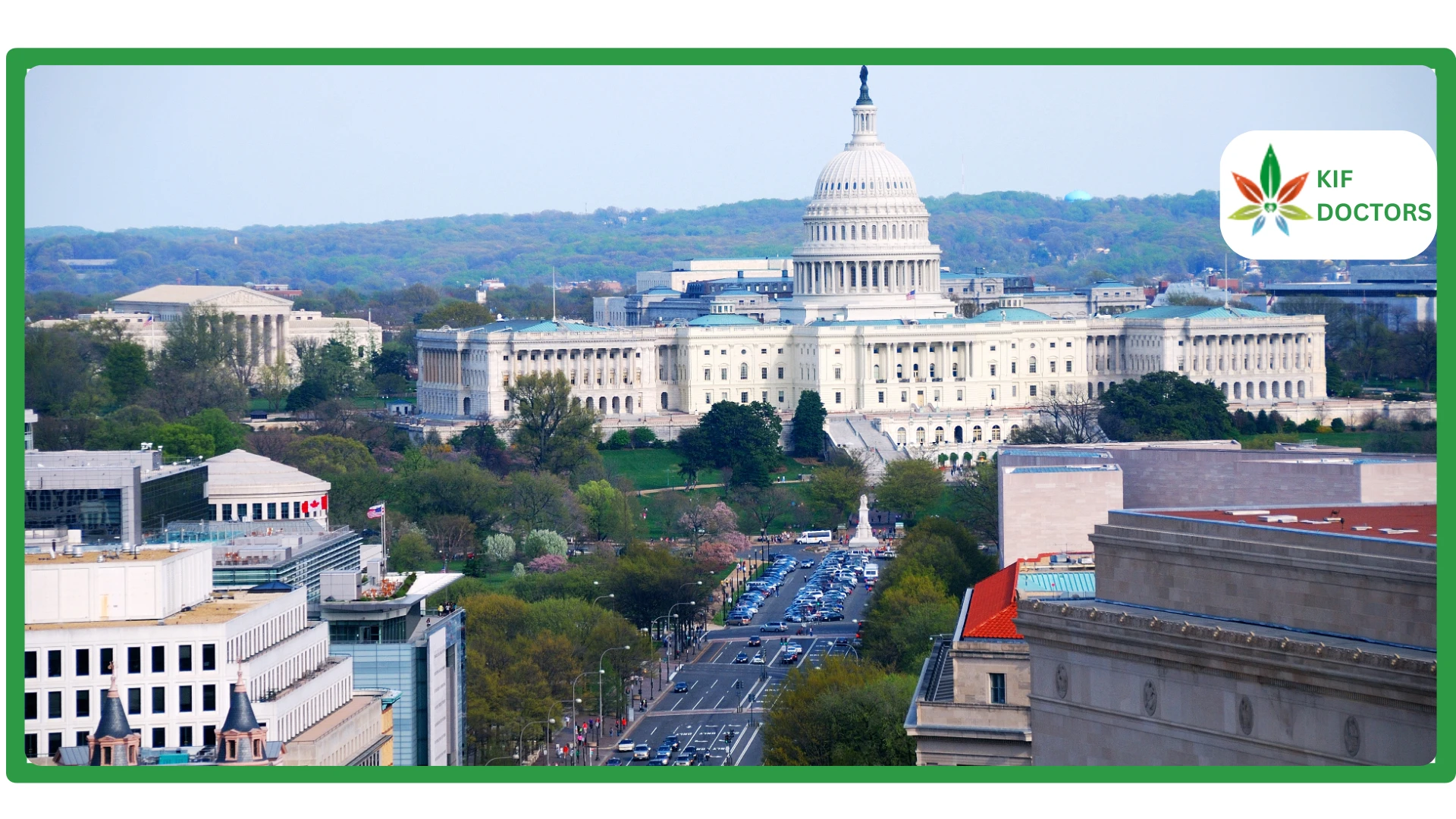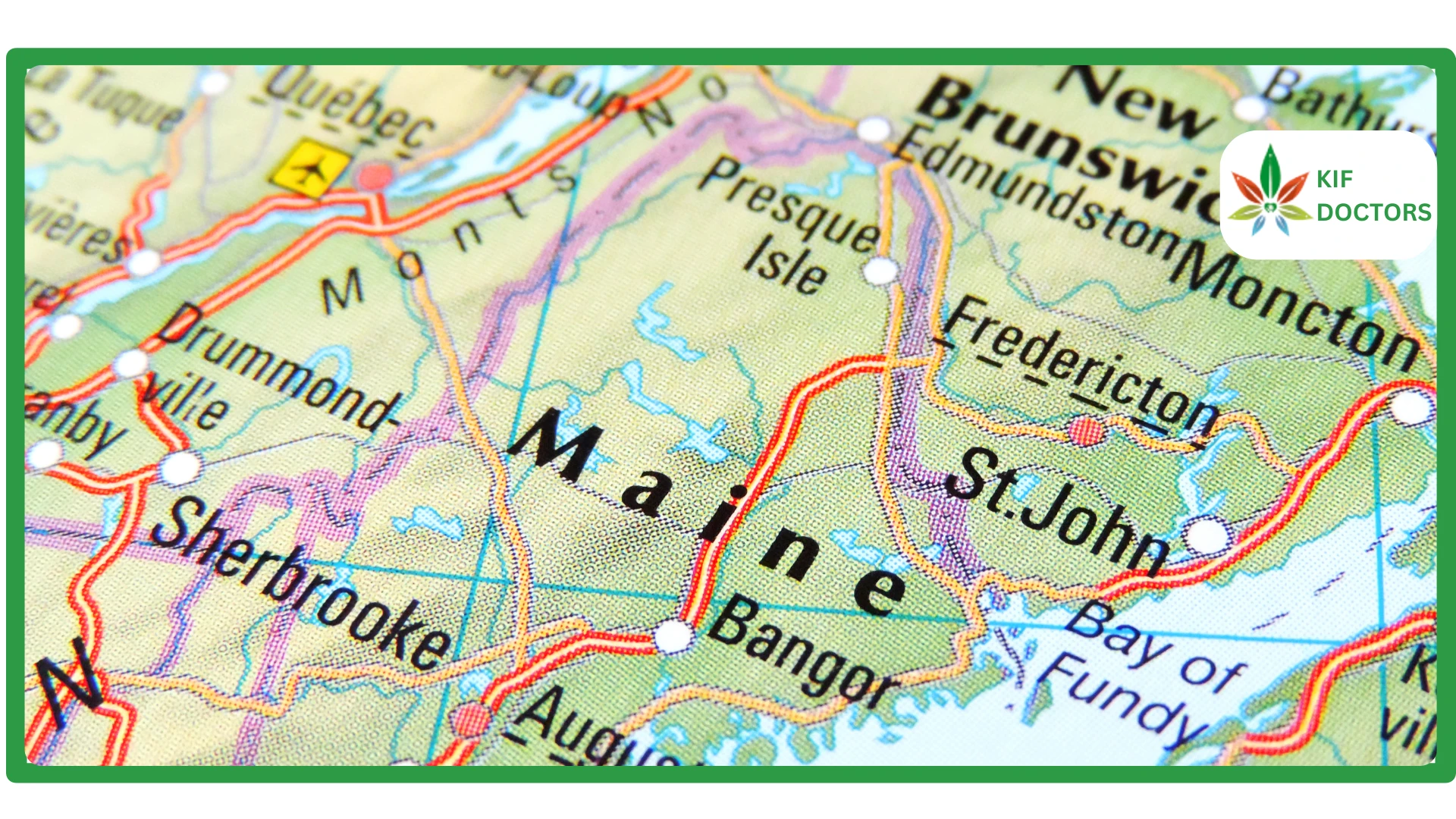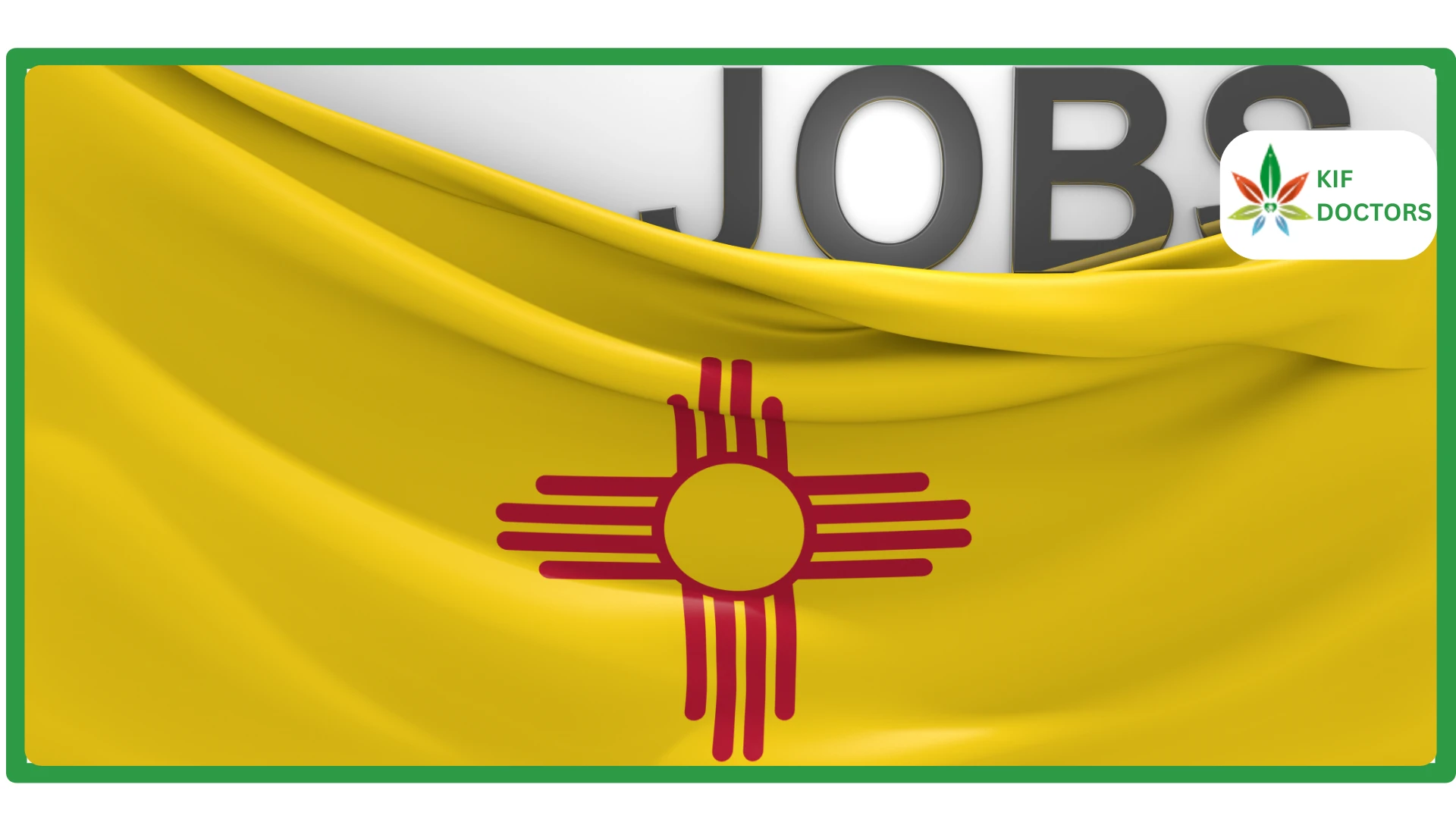If you live in Georgia, you might have heard about medical marijuana. But the rules here can seem a little tricky and different from those in other states. We know it can be confusing, but you have come to the right place for help. This guide is here to make everything simple and clear. We will show you exactly how and where to buy medical marijuana in Georgia. We will explain the special program in our state and give you all the steps you need to get the medicine that can help you feel better.
What is Low THC Oil and How is it Different?
First, it is very important to understand that Georgia has a unique program. We don't have medical marijuana like you might see in movies or in other states. Instead, we have a program for something called "Low THC Oil."
So what does that mean? THC is the part of the cannabis plant that can make people feel "high." In Georgia, the law says that the medical oil can only have a very small amount of THC in it, no more than 5%. This means it is meant to help with health problems without a strong intoxicating feeling.
Why You Need a Card for Legal Access
It is super important to know that you must have a special card to have this oil. Even though it is low in THC, it is still against the law to have it without being part of the program. The only way to be safe and legal is to get a Georgia Low THC Oil Registry Card.
This card is like your legal permission slip. It shows police and others that you are a registered patient and are allowed to have your medicine. It is the key to everything in Georgia's program.
Do You Qualify? Conditions for Low THC Oil in Georgia
Now, let's figure out if you can get one of these special cards. The state has created a list of specific health problems that are allowed to be treated with low THC oil. You must have one of these conditions to join the program.
It is a good idea to look at this list carefully. It will help you see if you are able to take the next step in the process.
The Official List of Qualifying Conditions for Low THC Oil
Here are the health issues that are on Georgia's official list. See if you or a loved one has one of these conditions.
-
Cancer, when it is at the end-stage or the treatment causes wasting illness or nausea and vomiting
-
Amyotrophic lateral sclerosis (ALS), when it is severe or end-stage
-
Seizure disorders related to diagnosis of epilepsy or trauma-related head injuries
-
Multiple sclerosis, when it is severe or end-stage
-
Crohn's disease
-
Mitochondrial disease
-
Parkinson's disease, when it is severe or end-stage
-
Sickle cell disease, when it is severe or end-stage
-
Tourette's syndrome, when it is severe
-
Autism spectrum disorder, when the patient is over 18 or under 18 and has aggressive behavior
-
Epidermolysis bullosa
-
Alzheimer's disease, when it is severe or end-stage
-
AIDS, when it is severe or end-stage
-
Peripheral neuropathy, when it is severe or end-stage
-
Hospice patients
-
Post-traumatic stress disorder (PTSD)
-
Intractable pain
If you are dealing with one of these serious health conditions, the low THC oil program may be able to offer you some help.
The Step-by-Step Process to Getting Your Card
Are you ready to learn how to get your card? The process is like following a recipe, one step at a time. We will guide you through it so you know exactly what to do.
Step 1: Consult with a Georgia-Licensed Physician
Your journey begins with a talk with a doctor. This doctor must have a license to practice medicine right here in Georgia. You will have an appointment to talk about your health problem and see if low THC oil is a good choice for you.
Finding the right doctor can be the hardest part, but it does not have to be. Services like The Kif make this first step much easier. They can help you connect with a kind and professional doctor online through a private and secure video call.
Step 2: Complete the Necessary Forms with Your Doctor
When you talk with your doctor, you will need to fill out some paperwork. There are two main forms. One is a waiver form, which is like a permission slip. The other is a certification form.
The certification form is the most important one. Your doctor will fill this out and sign it. This form officially tells the state that you have a qualifying health condition.
Step 3: Your Doctor Submits the Forms
Here is a special rule for Georgia that you need to know. You do not send in the forms yourself. Your doctor's office will take care of it for you.
They will send your signed waiver and certification forms to the Georgia Department of Public Health. This department is in charge of the Low THC Oil Registry. It is nice that your doctor handles this part for you!
Step 4: Pick Up Your Card
After your doctor sends in the forms, you just have to wait. The state will process your information. When your card is ready, they will call you!
You will get a phone call from a local Public Health Office near your home. They will tell you that your card is ready to be picked up. When you go to get it, you will need to pay a small fee of $25.
You Have Your Card—Now, Where to Buy Medical Marijuana in Georgia
Getting that phone call and picking up your card is a huge accomplishment! You are now an official patient. So, this leads to the big question: how and where to buy medical marijuana in Georgia?
Finding Licensed Georgia Medical Cannabis Dispensaries
You can only buy your low THC oil from special, state-approved stores. These stores are called dispensaries. It is very important that you only shop at these licensed Georgia medical cannabis dispensaries.
To find these stores, you can look on the official website for the Georgia Access to Medical Cannabis Commission. They keep a list of the licensed companies and where their dispensaries are located. This is the safest way to find a legal store.
What to Expect at a Georgia Dispensary
Your first visit to a dispensary should be a pleasant one. The staff are there to help you on your health journey. When you go, remember to bring your new Low THC Oil Registry Card and your regular photo ID.
The people who work there can explain the different products they have. They will help you find an oil that meets Georgia's low THC rules and works for your specific condition. You can ask them about the different cannabis product types to learn more.
A Helpful Tip for Georgians: Navigating the first steps can be the hardest part, but you don't have to do it alone. Kif offers a streamlined service to connect you with a physician who understands Georgia's specific requirements. With over 450,000 patients served, we're experts in the process. Click here to see our pricing and start your journey with instant approval!
Your Guide to Accessing Low THC Oil in Georgia
We hope this guide has made everything much clearer for you. The process in Georgia is unique, but it is not difficult when you know the steps. All it takes is confirming your health condition, talking to a helpful doctor, and getting your card.
You now have a complete map for how and where to buy medical marijuana in Georgia. This is your path to getting legal and safe access to a medicine that could bring you comfort and relief. To take the first step, learn more about getting your Low THC Oil Registry Card.
 Since 2021, Kif offers a streamlined platform to get a medical marijuana card online. We have served more than 45K patients across the United States. Sign Up Now to get the right to use medical cannabis for your health condition without any delay.
Since 2021, Kif offers a streamlined platform to get a medical marijuana card online. We have served more than 45K patients across the United States. Sign Up Now to get the right to use medical cannabis for your health condition without any delay.















